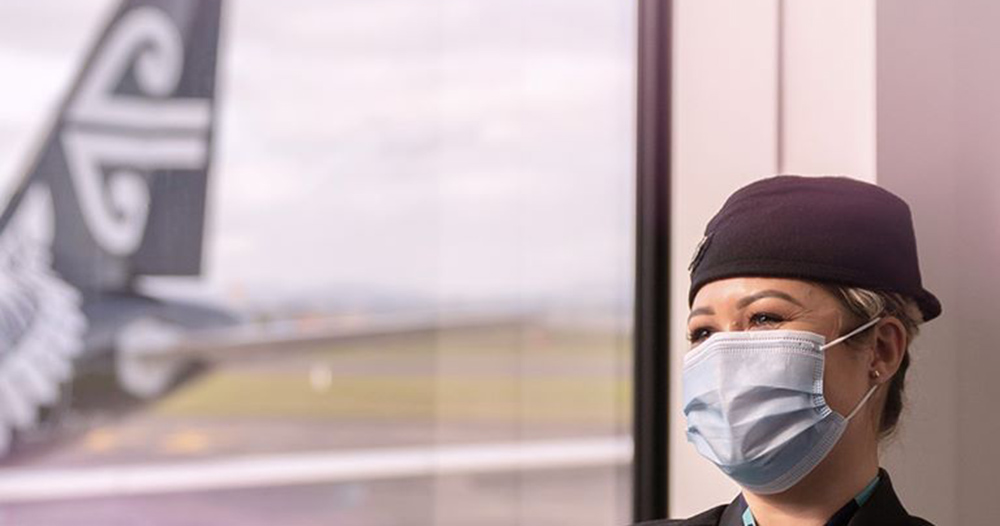New Zealand will not change its travel advisory to its own residents to avoid all travel overseas, CNA reported.
The statement was made by a spokesperson for New Zealand's Ministry of Foreign Affairs and Trade, in the wake of the Covid-19 Multi-Ministry Taskforce's announcement on Aug. 21, that general travel to Brunei Darussalam and New Zealand and travel for overseas studies, is allowed.
A spokesperson added that the country was aware of Singapore's intention "to establish selective travel programmes" with several countries, including New Zealand, and that the move was reflective of close ties and the trust Singapore had in New Zealand's Covid-19 response.
However, changes for New Zealand's travel advisory will still need to be reviewed in response to "international developments".
Border remains closed to almost all forms of travel
Meanwhile, New Zealand's border is closed to almost all travellers who would like to come to the country by air or sea, with only New Zealand citizens able to enter the country without the need to seek approval.
For any other traveller to be allowed into New Zealand, he or she must fall under one of the following conditions:
- Be a partner or dependent child of a New Zealand citizens or residents, who hold a visa based on their relationship with a New Zealand citizen or resident partner or parent.
- Be a diplomat who holds a post in New Zealand.
- Be someone who has been considered by the New Zealand government as having a critical purpose for travel while the border is closed and having been granted a visa which recognises this.
In addition, they must submit a request to Immigration New Zealand (INZ) and receive an invitation for a visa application, which is subjected to approval.
Lifting of travel to New Zealand is unilateral
Aug. 21 also saw Minister for Transport Ong Ye Kung state that the lifting of border restrictions for Brunei and New Zealand are unilateral at the moment.
This means that those countries may not have made similar arrangements for travellers from Singapore.
"Of course I wish they will reciprocate", he added.
Elaborating on this arrangement, Ong also pointed to Singapore's historical record of making unilateral arrangements such as becoming a free port, and removing tariffs to facilitate international trade.
Ong said:
"So it is really an invitation to the world for a small economy, open economy like ours. 'You're invited. We're open for business. You're invited to bring business activities [and] opportunities to Singapore', and that has always been our posture."
Related stories:
Totally unrelated but follow and listen to our podcast here
Top image from Air New Zealand Facebook
If you like what you read, follow us on Facebook, Instagram, Twitter and Telegram to get the latest updates.
